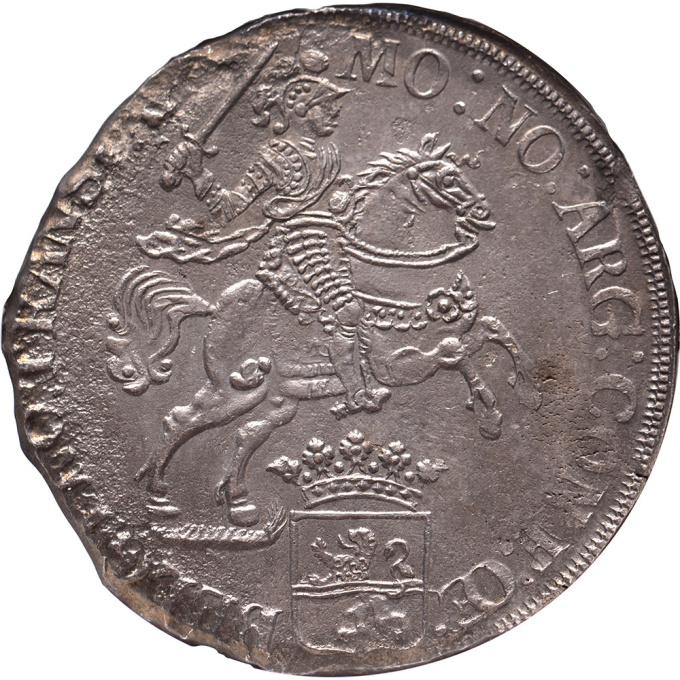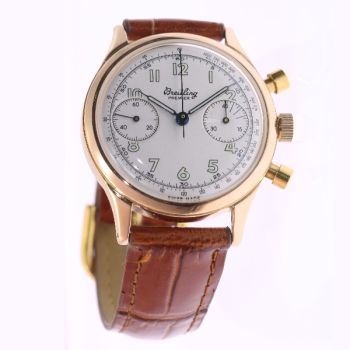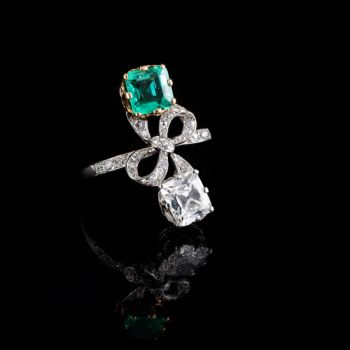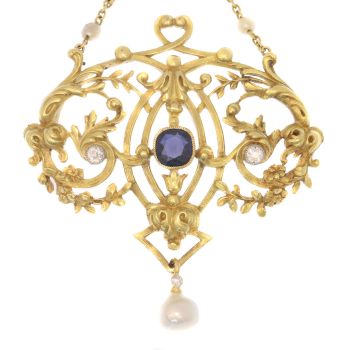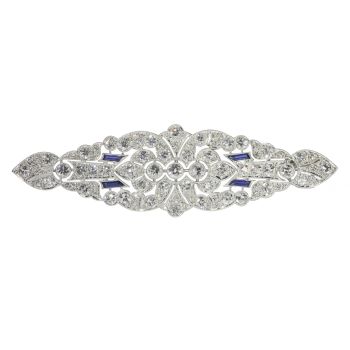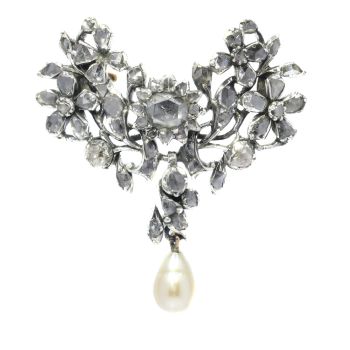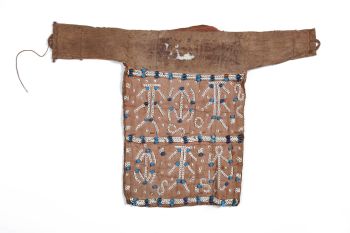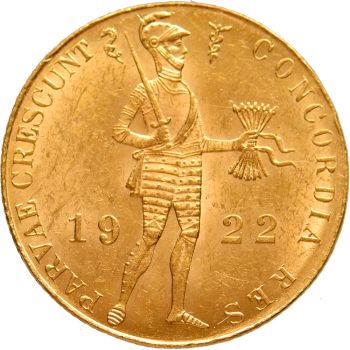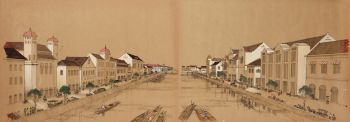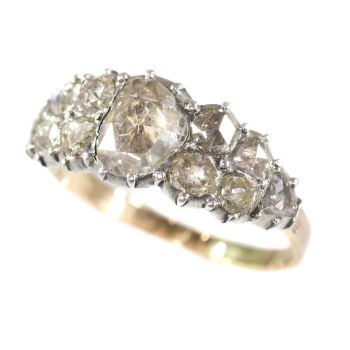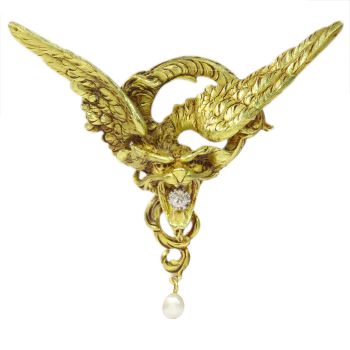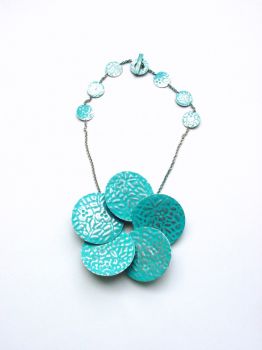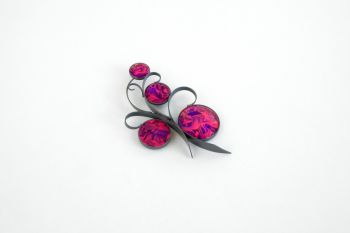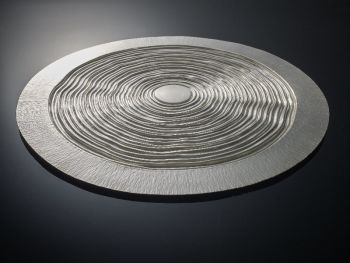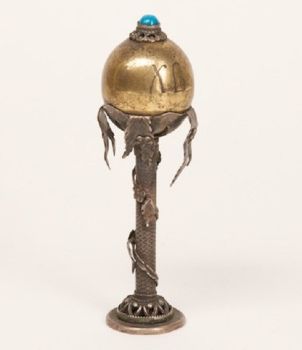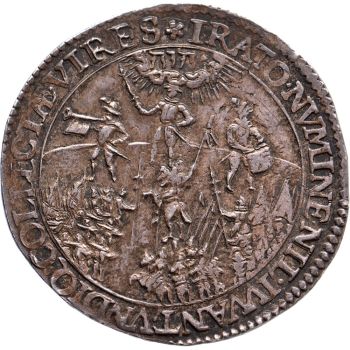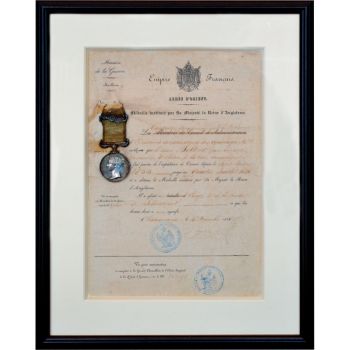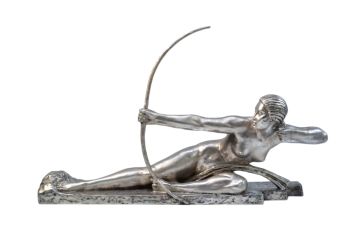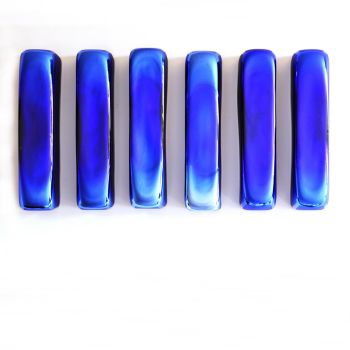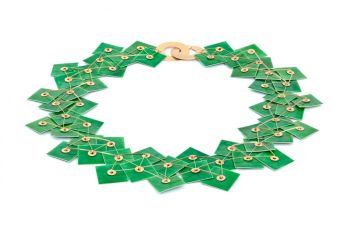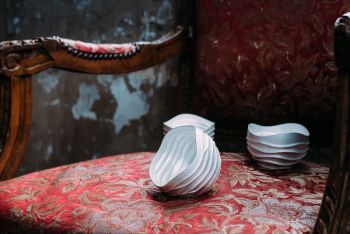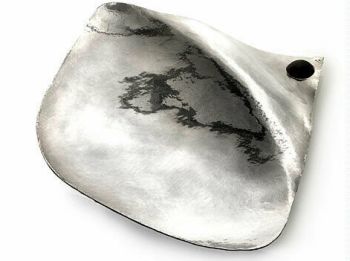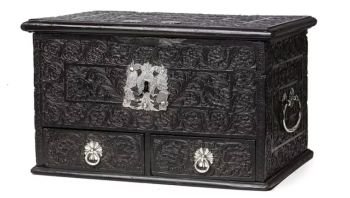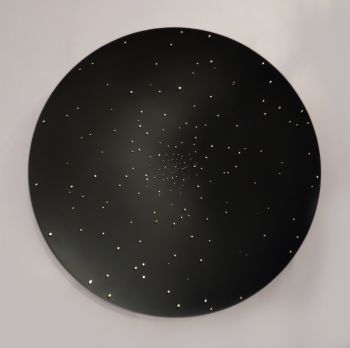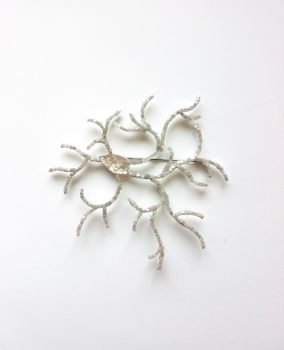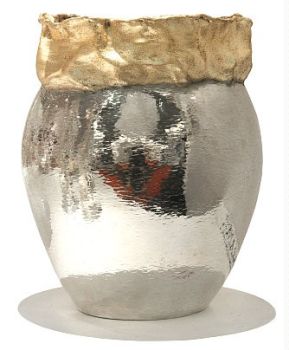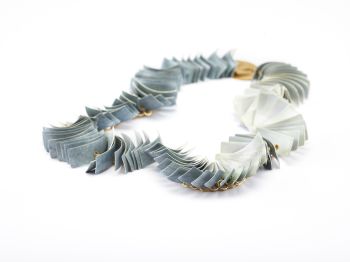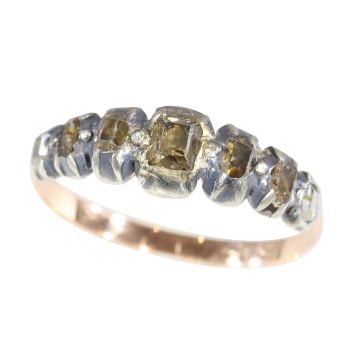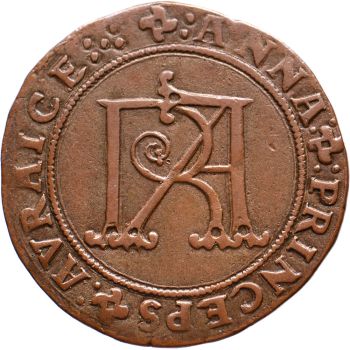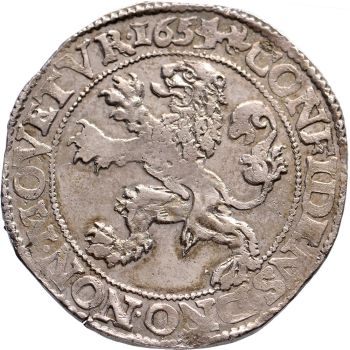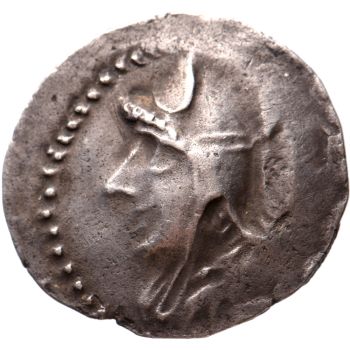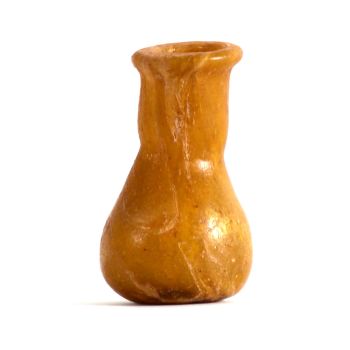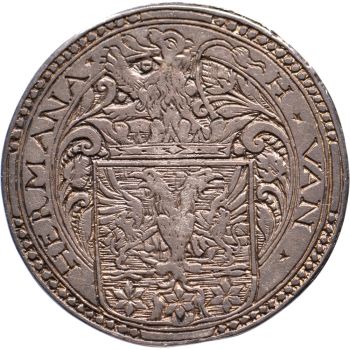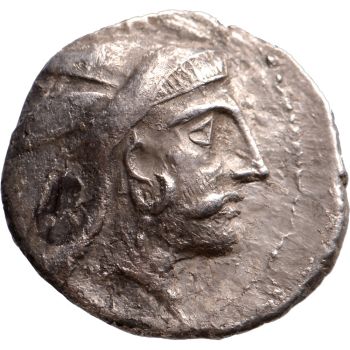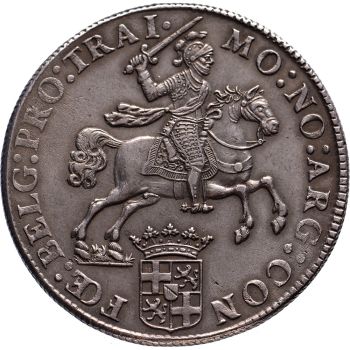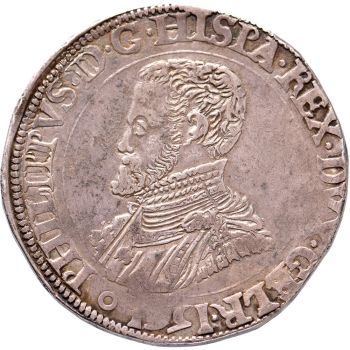Silver rider Overijssel – Vliegent Hert NGC Shipwreck graded 1734
Artista Sconosciuto
Argento
€ 650
Jongeling Numismatics & Ancient Art
- A proposito di opere d'arteObverse: MO : NO : ARG : CONFŒ. – BELG : PRO : TRANSI ., knight with sword held high on horseback right, crowned shield of province underneath
Reverse: CONCORDIA . – RES . PARVAE – CRESCVNT : crowned shield of the Generality, flanked by standing and crowned lions, year in cartouche with leaf ornaments underneath
Recovered from the wreck of the VOC ship ‘Vliegent Hert’
With NGC Shipwreck certification
‘t Vliegend Hert, also known as ‘t Vliegend Hart, was a ship of the Dutch East India Company (VOC). It was built in 1729 for the VOC Chamber of Zeeland. It had a capacity for 850 tons of cargo and 256 crew members.
On February 3 1735 the ship set sail from Rammekens to East India, under the command of Cornelis van der Horst. Along with its sister ship the Anna Catharina, which had sailed out at the same time, ’T Vliegend Hert hit a sandbank 18 km off the coast of Vlissingen and sunk. All those on board perished.
The wreck of ‘t Vliegend Hert was discovered in September 1981. A money chest with 2000 gold ducats and 5000 silver reales were found among other things. One remarkable discovery were lead containers holding tobacco, anchovies and cheese. - A proposito di opere artista
Può succedere che un artista o un creatore sia sconosciuto.
Alcune opere non sono determinate da chi sono state realizzate o sono state realizzate da (un gruppo di) artigiani. Esempi sono statue dell'antichità, mobili, specchi o firme non chiare o leggibili ma anche alcune opere non sono affatto firmate.
Inoltre puoi trovare la seguente descrizione:
•"Attribuito a …." A loro avviso probabilmente opera dell'artista, almeno in parte
•“Studio di ….” o “Officina di” A loro avviso un'opera eseguita nello studio o nella bottega dell'artista, eventualmente sotto la sua supervisione
•“Cerchio di…” A loro avviso un'opera del periodo dell'artista che mostra la sua influenza, strettamente legata all'artista ma non necessariamente al suo allievo
•"Stile di..." o "Seguace di..." A loro avviso un'opera eseguita nello stile dell'artista ma non necessariamente da un allievo; può essere contemporaneo o quasi contemporaneo
•“Modalità di…” A loro avviso un'opera nello stile dell'artista ma di epoca successiva
•"Dopo …." A loro avviso una copia (di qualsiasi data) di un'opera dell'artista
•“Firmato…”, “Datato…” o “Iscritto” A loro avviso l'opera è stata firmata/datata/inscritta dall'artista. L'aggiunta di un punto interrogativo indica un elemento di dubbio
•"Con firma....", "Con data...", "Con iscrizione..." o “Riporta firma/data/iscrizione” a loro avviso la firma/data/iscrizione è stata aggiunta da qualcuno diverso dall'artista
Sei interessato ad acquistare questa opera d'arte?
Artwork details
Related artworks
Artista Sconosciuto
Anello toi et moi belle epoque1900
Prezzo su richiestaAns Hemke-Kuilboer Juwelier & Antiquair
Artista Sconosciuto
Icona russa raffigurante una Deesis estesa1600 - 1650
Prezzo su richiestaKunsthandel H.W.C. Dullaert Icons
1 - 4 / 12Artista Sconosciuto
A silver spoon commemorating Juff’ Margareta van Hoorn1656 - 1694
Prezzo su richiestaZebregs & Röell - Fine Art - Antiques
Artista Sconosciuto
Uovo di Pasqua di presentazione russo d'argento1880 - 1899
Prezzo su richiestaH.W.C. Dullaert Art & Antiques Dealer
1 - 4 / 24- 1 - 4 / 12

